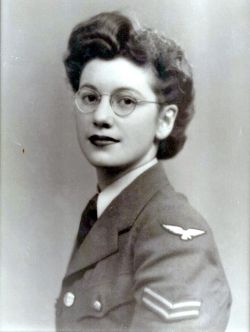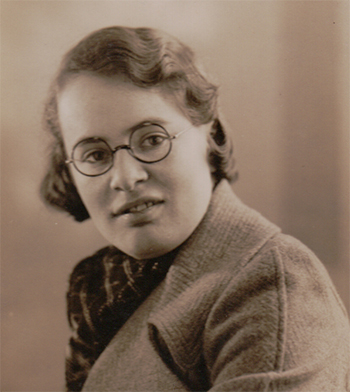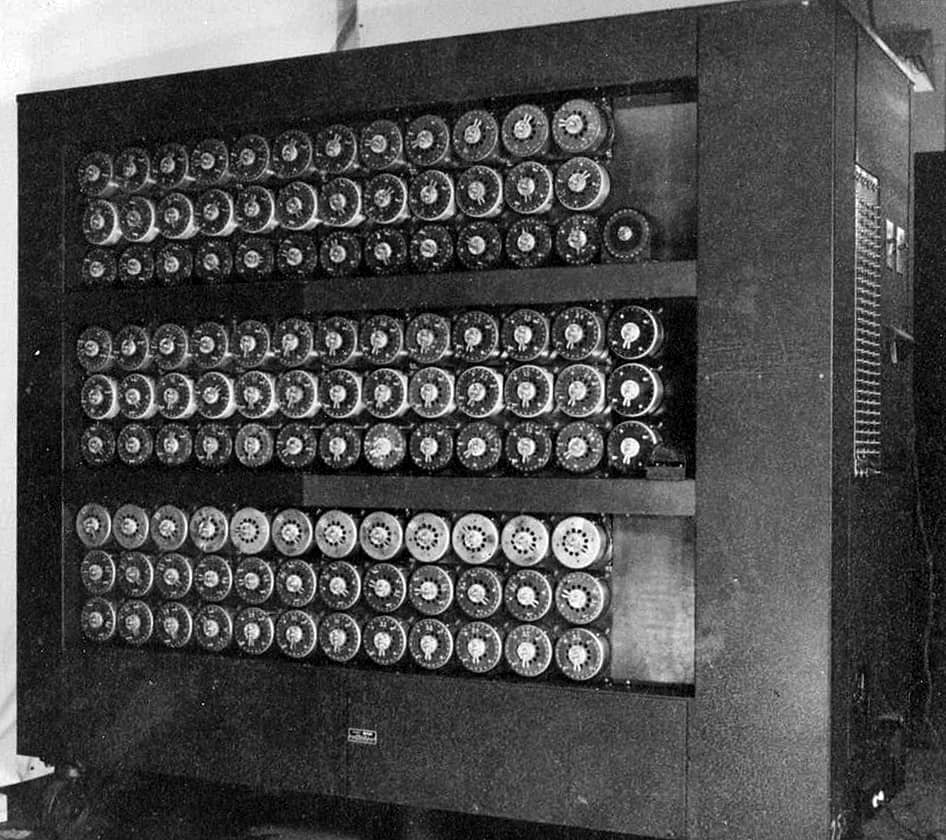


Joan Clarke was born on June 24th of 1917 in West Northwood, London, England into a family of seven. Clarke was the daughter of William Kemp Lowther Clarke and Dorothy Elisabeth Clarke, and the youngest of five children, three brothers and one sister.
During her time at Newnham College, she was recoginzed by Gordon Welchman, a top mathmetician at Bletchley Park, for her gift in mathematics. He recruited her to join the Government Code and Cypher School (GCCS) at Bletchley Park, which was initiated in 1939 to to break the German encryption code for their communications, the Enigma Machine.
At the beginning of her time there Joan Clarke worked in an all women group, called, 'the girls' doing routine office work getting paid two euros a week, as coding was not an accepted occuption for women.
Later during her time at Bletchley Park, Clarke became one of the only women in Hut 8, a code-breaking location, to break the Enigma Code.
The Engima Code was a code used by the Germans in WWII as a way to hide their communication with each other. Clarke's role at Beltchley Park, along with many others, was to decode these German messages. Clarke worked day after day to decode primarily naval enigma.

Clarke earned her first promotion to linguistics grade, having not spoken another language, as a way to acknowledge her hard work and dedication to the program and increase her pay.
“In order to be paid for her promotion, Clarke needed to be classed as a linguist, as Civil Service bureaucracy had no protocols in place for a senior female cryptanalyst. She would later take great pleasure in filling in forms with the line: "grade: linguist, languages: none"” 1Clarke was also later promoted to supervise the work in Hut 8, but was still never payed equally to her male coworkers.
After her work in WWII, Clark went on to work at the Government Communications Headquarters (GCHQ). She left work to travel with her retired and sick husband, John Kenneth Ronald Murray. She returned back to work in 1962, where she stayed until her retirement in 1977, at age 60.

Clarke and Turing met during their work in WWII at Bletchley Park
Clarke and Turing were very good friends while they both worked as decoders and banburists
Turing proposed to Clarke in 1941, but not long after, admitted his homosexuality to her, and called off the marriage
In 1947, Clarke met Lieutenant-Colonel John Kenneth Ronald Murray while working at the GCHQ
The two got married on on July 26, 1952 and remained married until Murray passed away in 1986